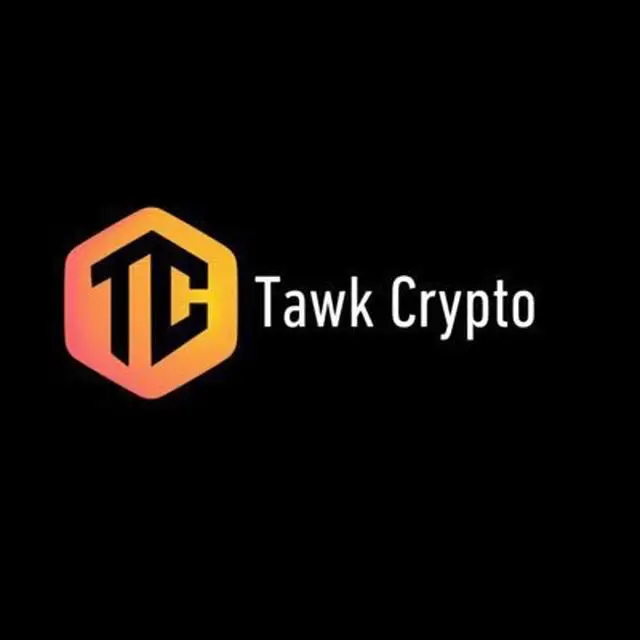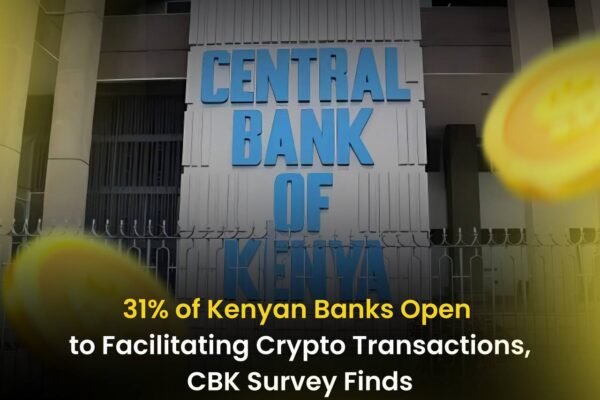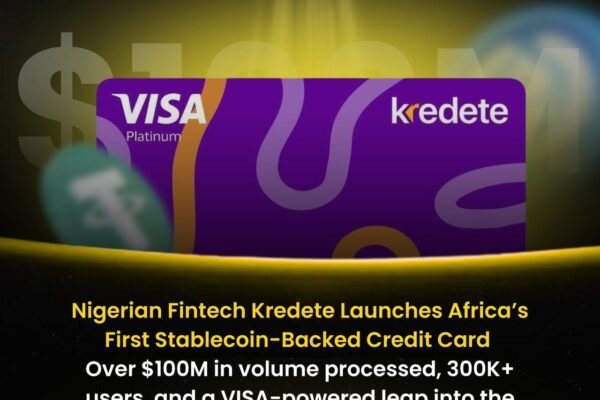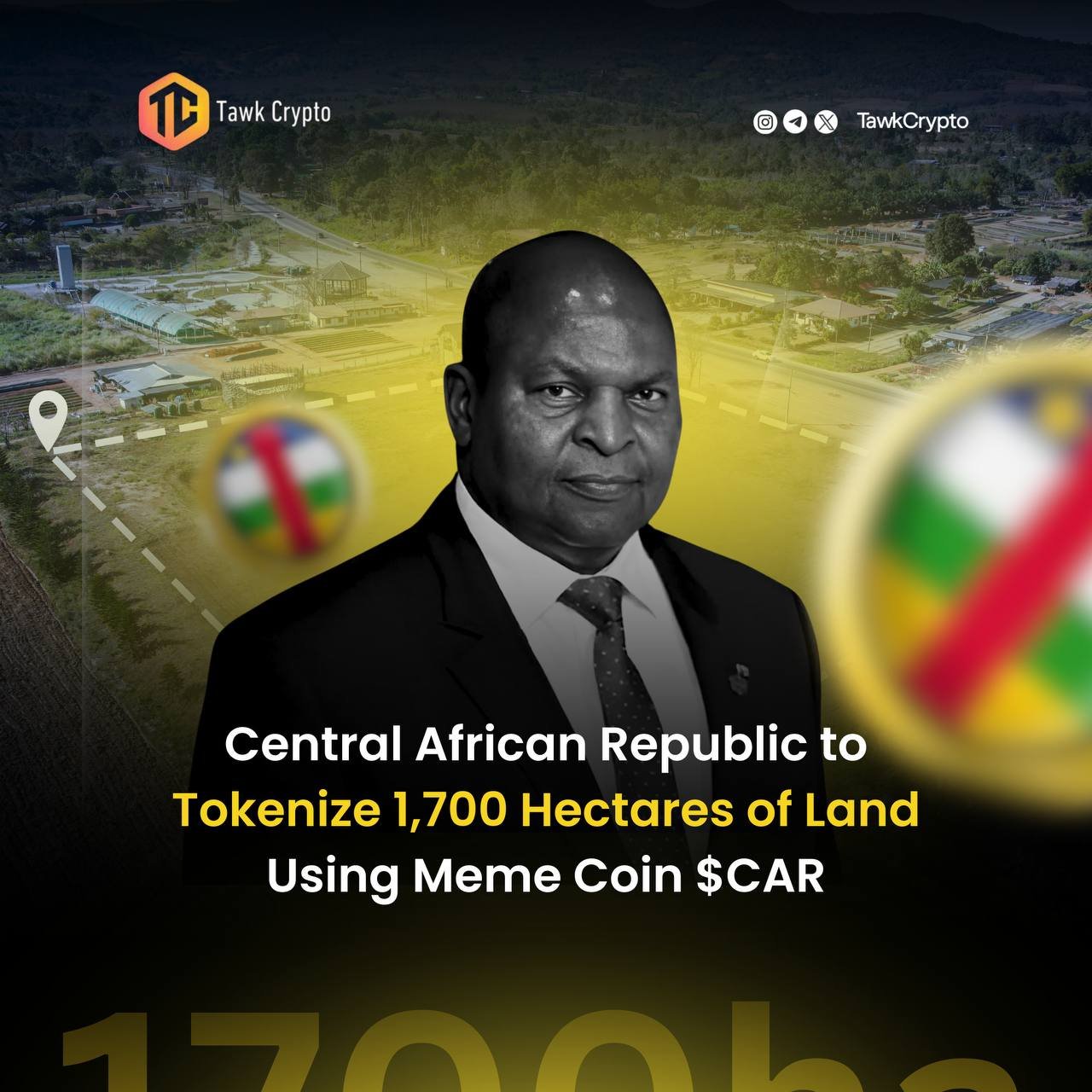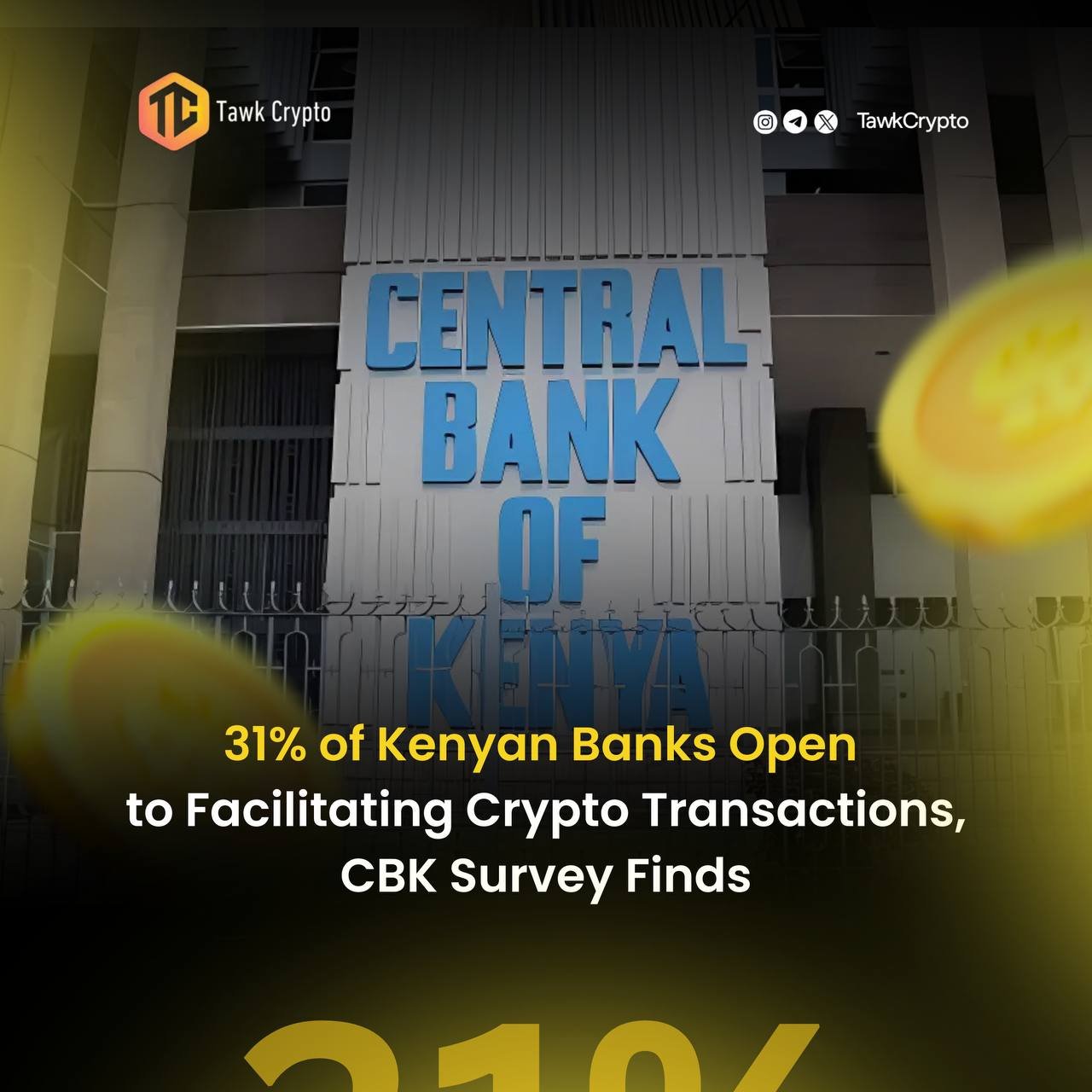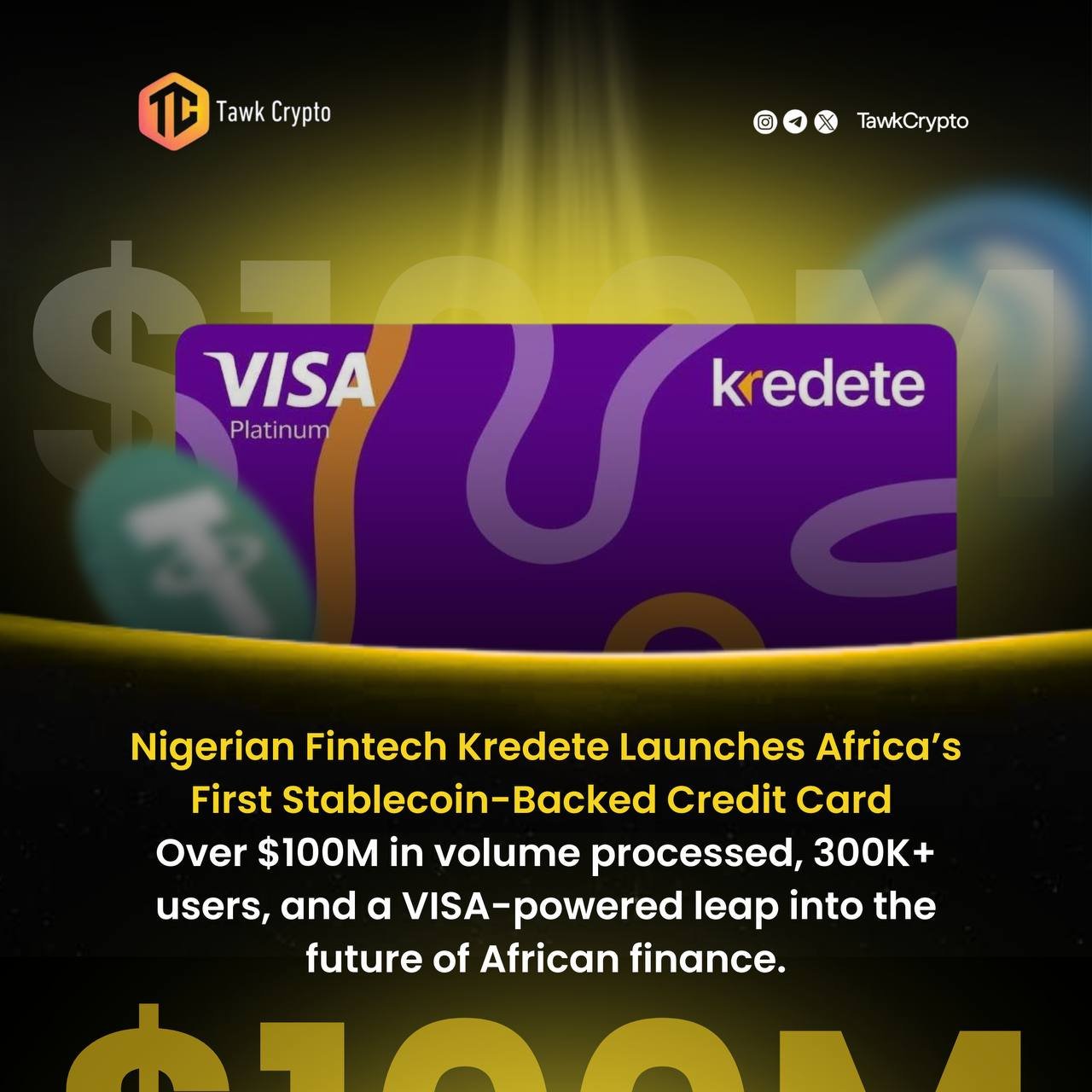

South African Regulator FSCA Eyes Inclusion of Select DeFi Use Cases in IFWG Sandbox Amid Rising User Numbers
The Financial Sector Conduct Authority (FSCA) of South Africa is set to explore the integration of specific decentralized finance (DeFi) use cases into the regulatory sandbox managed by the Intergovernmental Fintech Working Group (IFWG). This initiative comes on the heels of a comprehensive survey that projects DeFi user numbers in the country to reach nearly 400,000 by 2025, driven primarily by crypto-savvy retail investors.
Read also: South Africa’s FATF Grey List Exit Gains Momentum.
Survey Insights: Who’s Using DeFi in South Africa?
According to the recent survey conducted by the FSCA, the DeFi ecosystem in South Africa is predominantly fueled by:
- Retail Customers (71%): The majority of participants identified individual, crypto-knowledgeable investors with a high-risk appetite as the leading users of DeFi services.
- Small, Medium, and Micro Enterprises (SMMEs) (19%): These businesses are beginning to explore DeFi solutions as they look for innovative financial tools.
- Larger Enterprises (10%): Although they represent a smaller share, these entities are gradually entering the DeFi space to leverage decentralized financial products.
The survey also noted that user penetration in the DeFi market is expected to stabilize at 0.62% for both 2024 and 2025, indicating a steady yet modest adoption rate within the broader South African financial landscape.
DeFi Market Projections and Total Value Locked (TVL)

The FSCA survey revealed key estimates regarding the state of DeFi in South Africa:
- DeFi User Base: Projected to hit approximately 378,000 users by 2025.
- Total Value Locked (TVL):
- 38% of respondents believe that the TVL exceeds R500 million (around $27.7 million).
- 24% estimated the TVL to be between R50 million ($2.77 million) and R500 million.
- An additional 10% foresee the TVL being below R10 million (approximately $544,151), while another 24% were uncertain about the exact figures.
Market projections further indicate that the overall DeFi market in South Africa is expected to reach about $115.6 million in 2024. With an anticipated compound annual growth rate (CAGR) of 11.82%, this market could expand to roughly $180.7 million by 2028, underscoring the sector’s growth potential.
Key DeFi Use Cases and Drivers for Growth

The survey highlighted several prominent DeFi use cases in South Africa:
- Payments (52%): DeFi is increasingly being adopted for faster, cost-effective payments, reducing reliance on traditional financial systems.
- Lending and Borrowing (48%): Innovative DeFi protocols are enabling more accessible financial products for both individuals and businesses.
- Decentralized Exchanges (33%): Platforms offering decentralized trading are gaining traction as alternatives to conventional exchanges.
Market participants identified the following key drivers for future DeFi expansion:
- Adoption by Mainstream Investors (62%): As more traditional investors explore crypto assets, the demand for decentralized financial services is expected to rise.
- Emergence of New DeFi Platforms and Protocols (43%): Continuous innovation in the space is likely to attract a broader audience and enhance market offerings.
A major anticipated benefit of DeFi is the significant reduction in transaction costs, with 57% of respondents noting that bypassing the multiple layers of traditional financial intermediaries can drive substantial savings. Additionally, features like 24/7 transaction processing (48%) and global accessibility (29%) position DeFi as a transformative force in financial services.
Navigating Risks and Regulatory Challenges
Despite its promise, the DeFi landscape in South Africa faces notable challenges:
- Regulatory Uncertainty: Ongoing debates and a lack of clear regulatory frameworks may hinder rapid adoption.
- Digital Illiteracy: A significant portion of the population remains unfamiliar with the technical intricacies of DeFi.
- Cybersecurity Concerns: The rise in cybercrime and potential coding errors in smart contracts (identified by 43% of respondents) pose risks to consumer protection and market integrity.
- Interdependency Risks: About 33% of survey participants are wary of the systemic risks posed by interconnected DeFi protocols, where vulnerabilities in one area could cascade through the ecosystem.
These challenges have led the FSCA to take a proactive approach by onboarding certain DeFi use cases into the IFWG sandbox. This controlled environment will allow regulators and market participants to observe real-world applications, gain crucial insights, and refine regulatory measures to mitigate risks effectively.
FSCA’s Strategic Move: The IFWG Sandbox Initiative
In response to the evolving DeFi landscape, the FSCA is actively considering the inclusion of select decentralized finance use cases into the regulatory sandbox overseen by the IFWG. The sandbox aims to:
- Test and Validate: Provide a safe space for innovators to test DeFi applications without the full weight of regulatory constraints.
- Inform Future Regulation: Gather actionable data and insights to help shape future policies that balance innovation with consumer protection.
- Enhance Market Dynamics: Support the sustainable growth of DeFi by addressing structural challenges and bolstering confidence among market participants.
By facilitating this controlled testing environment, the FSCA hopes to strike a balance between fostering technological innovation and ensuring the stability and integrity of the financial system.
Conclusion
South Africa’s journey into decentralized finance is marked by rapid growth and increasing mainstream interest, particularly among crypto-savvy retail investors. With projections suggesting that the DeFi user base could approach 400,000 by 2025 and market valuations set to rise significantly, the FSCA’s strategic move to integrate certain DeFi use cases into the IFWG sandbox represents a crucial step towards informed, adaptive regulation. As South Africa navigates the complexities of digital finance, initiatives like these are key to unlocking the full potential of DeFi while safeguarding the interests of all stakeholders in the evolving financial ecosystem.
You can find the full survey report here.
